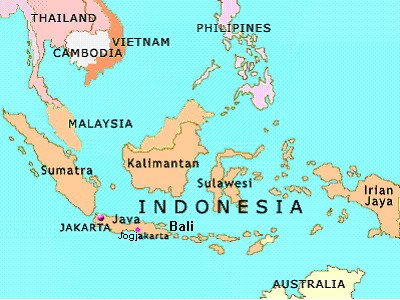 JAKARTA, INDONESIA, November 7, 2017 (Reuters): Indonesia’s Constitutional Court on Tuesday affirmed the rights of devotees of faiths outside the country’s officially recognized religions, in a move activists welcomed as a “new chapter for religious freedom”. Against a backdrop of rising intolerance toward minorities in the world’s largest Muslim-majority nation, the court said Indonesians would not be required to identify as either Muslim, Catholic, Protestant, Hindu, Buddhist or Confucian on their national identification cards. The ruling reviewed by Reuters followed a legal challenge by followers of some of Indonesia’s indigenous faiths.
JAKARTA, INDONESIA, November 7, 2017 (Reuters): Indonesia’s Constitutional Court on Tuesday affirmed the rights of devotees of faiths outside the country’s officially recognized religions, in a move activists welcomed as a “new chapter for religious freedom”. Against a backdrop of rising intolerance toward minorities in the world’s largest Muslim-majority nation, the court said Indonesians would not be required to identify as either Muslim, Catholic, Protestant, Hindu, Buddhist or Confucian on their national identification cards. The ruling reviewed by Reuters followed a legal challenge by followers of some of Indonesia’s indigenous faiths.
Bonar Tigor Naipospos from the Setara Institute, a group that advocates for religious harmony, said Indonesians who refused to embrace one of the regulated religions on their identity cards had limited access to education, restricted employment opportunities and were denied legal marriage. The Court recommended that a seventh, catch-all category be created – “Believers of the Faith” – for ID cards.” This is a new chapter for religious freedom in Indonesia for both government and followers of indigenous religions,” Naipospos said. “This is a door for the government to recognize their rights.” Across Indonesia’s vast chain of islands, more than 200 distinctive native faiths survived even as Buddhism, Hinduism and Islam dominated during different eras. Its people also blended elements of the major religions over time and infused them with animist and mystical beliefs.





